- No one ever wants to say, "Let's toss the rest of this cheese." If you can’t finish it in one sitting, don’t worry — freezing cheese is totally a thing! Follow these simple tricks to keep that cheese fresh and delicious.
Can You Freeze Cheese?
Yes — and no. Soft cheeses like cottage cheese, ricotta, or Brie don’t freeze well and are best kept in the fridge for up to one week. But if you have a hard or semi-hard cheese (think cheddar, Swiss, or Parmesan), you can freeze it successfully by following these steps:
How to Freeze Cheese:
- Step 1: Prep the Cheese Slice it into smaller blocks (no more than ½–1 pound) to help maintain texture.
- Step 2: Wrap It Up Wrap your cheese in a plastic wrap like Glad® Freeze’n Seal™ to protect against freezer burn.
- Step 3: Seal the Deal Place the wrapped cheese into a freezer bag, such as Glad® Flex'n Seal™ Freezer Quart Bags, and store for up to six months.
- Step 4: Freeze & Chill Pop it in the freezer and let it do its thing!
- Step 5: Thaw & Enjoy Thaw in the fridge for 24–48 hours before using, then enjoy immediately.
Looking to pair your cheese with meats or snacks? Check out more of our great storage tips! Buon appetito!
How to Freeze Hard Cheeses
Hard cheeses like parmesan take well to freezing. Just seal in a plastic wrap like Glad® Freeze’n Seal™ and freeze in Glad® Flex'n Seal™ Freezer Quart Bags for up to six months.
How to Freeze Soft Cheeses
For soft cheese, it’s important to create an airtight seal to avoid freezer burn. Wrap your cheese in a plastic wrap like Glad® Freeze’n Seal™ and freeze in Glad® Flex'n Seal™ Freezer Quart Bags.
How to Freeze Shredded Cheese
The easiest way is to freeze shredded cheese in its original packaging. When you're ready to use it, thaw it in the fridge for 24-48 hours to help it regain lost moisture — then dig in!

Can You Freeze Mozzarella Cheese?
Yes, but for best results, freeze it shredded. While hard cheese can last up to 6 months, shredded mozzarella stays fresh for around 3-4 months. Wrap it in Glad® Freeze’n Seal™, place it in a Glad® FLEX'N SEAL ™ Freezer Quart bags, and get ready for melty, gooey goodness on your pizzas, lasagnas, and garlic bread!
Does Freezing Cheese Change It?
Freezing can change texture and taste, depending on the type of cheese.
Which Cheeses Can I Freeze?
Freezing works best for hard and semi-hard cheeses like cheddar, Monterey Jack and Parmesan.
Which Cheese Shouldn’t You Freeze?
While they can be frozen, soft cheeses like brie, camembert, and ricotta can develop an unpleasant texture.
How to Thaw Frozen Cheese
For best results, thaw frozen cheese in the refrigerator for 24-48 hours before eating.
How to Store Cheese in the Fridge
The trick to storing cheese is managing its exposure to air. Most cheeses want to breathe a bit, but direct exposure to air will dry it out, and direct contact with plastic can encourage mold. Follow these steps for best results:
- Step 1: Unwrap It If your cheese comes in plastic, remove the wrap and let the cheese breathe for a few minutes.
- Step 2: Keep It Loose Loosely wrap your cheese in cheese paper, parchment paper, butcher paper, cheesecloth or a paper towel.
- Step 3: Bag It Up Seal the wrapped cheese in a GLAD Food Storage Zipper Quart Bag, allowing a bit of air into the bag. While hard cheese can last up to 4 weeks in the fridge after opening, soft cheeses will only last 5–7 days.1
How to Tell if Cheese is Spoiled & How to Dispose
Your cheese may be spoiled if it has developed an overly musty or sour odor, unpleasant taste, or has become discolored or moldy.
To avoid unpleasant odors, consider composting spoiled cheese in Glad™ Compostable Bags, or using Glad™ Trash Bags to dispose of them in an outdoor trash bin. If you choose to compost, be sure to follow local guidelines.
Pro Tip: Keep your fridge at 40°F (4°C) or below and your freezer at 0°F (-18°C) for optimal freshness. And always wash your hands and surfaces before and after handling food.
TRASH BAGS FOR YOUR TOUGHEST JOBS— IN AND OUT OF THE KITCHEN
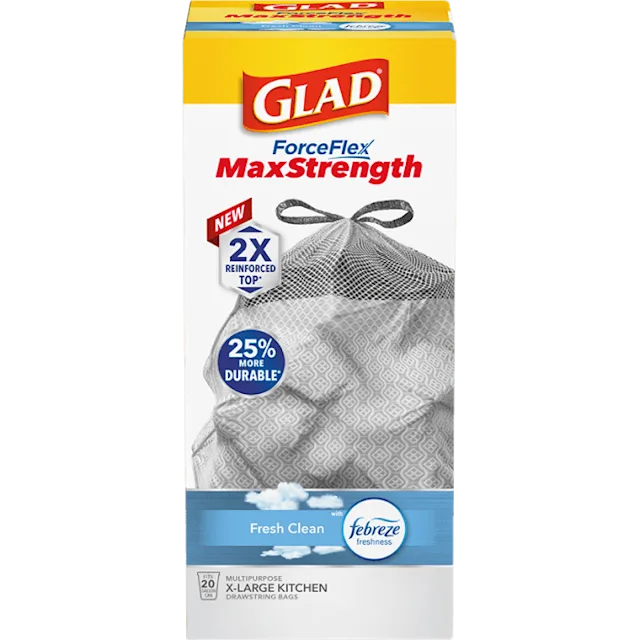

Please enable cookies to shop
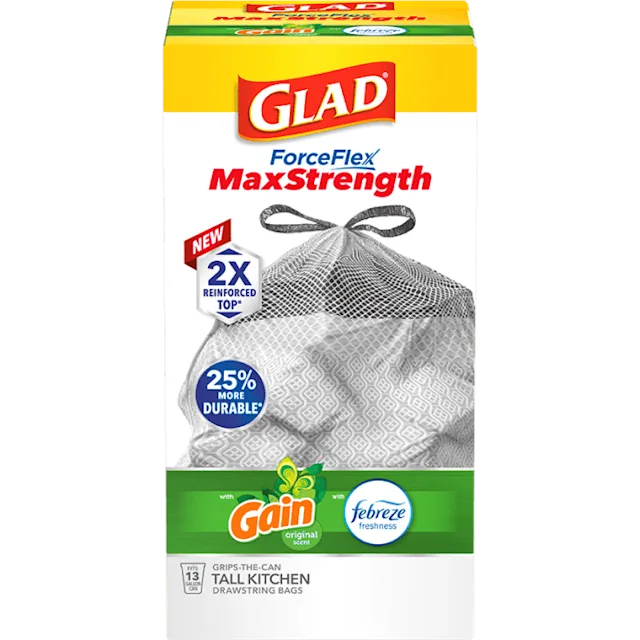
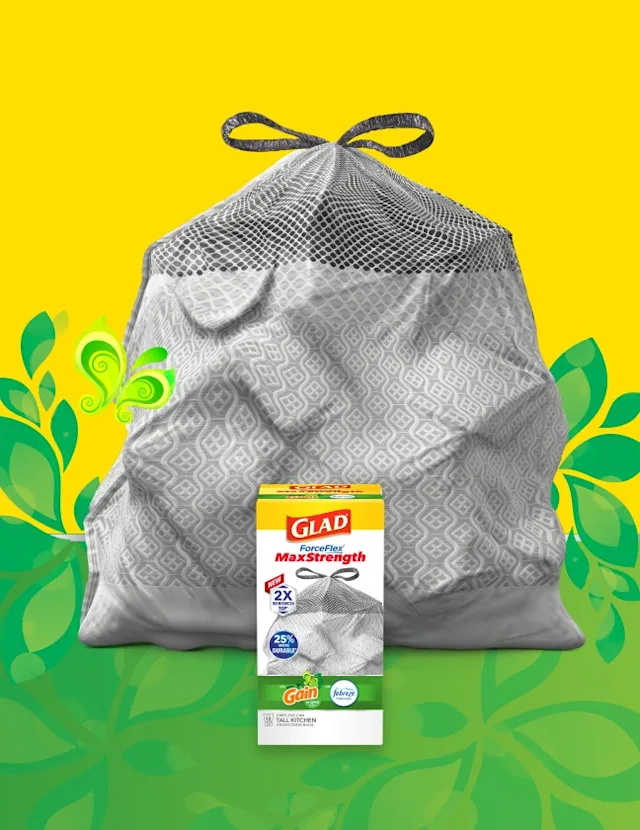
Please enable cookies to shop
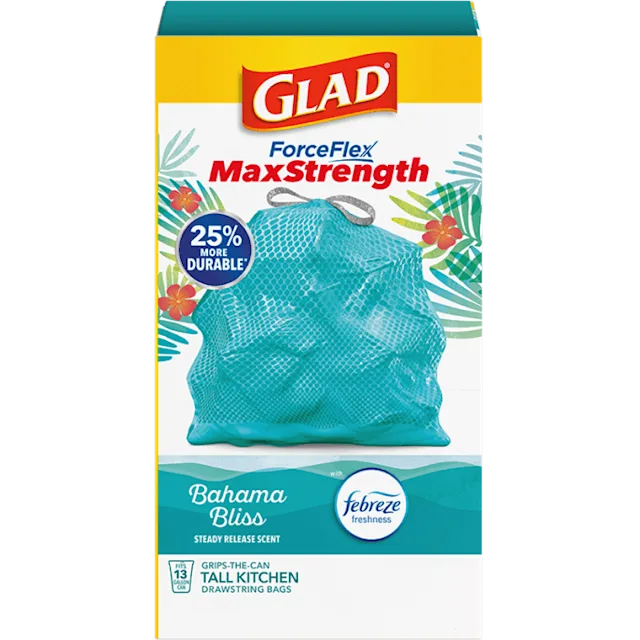

Please enable cookies to shop
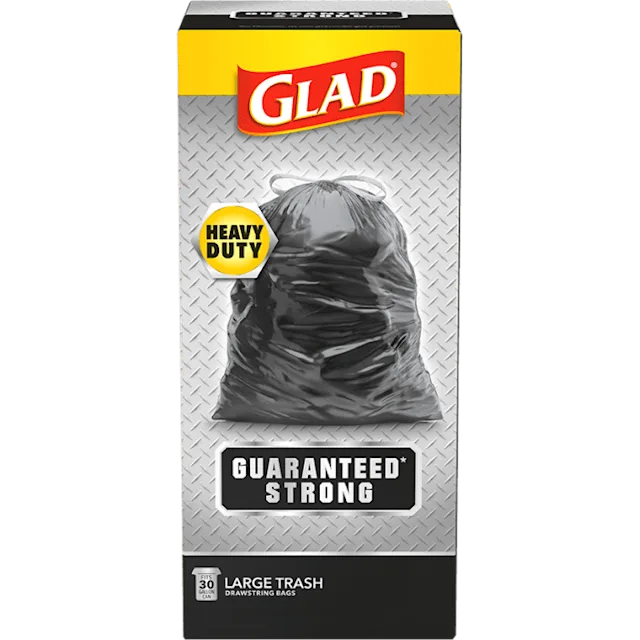

Please enable cookies to shop

















